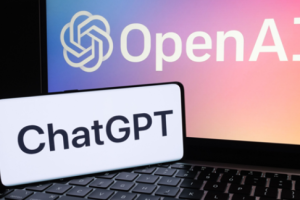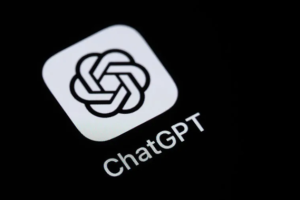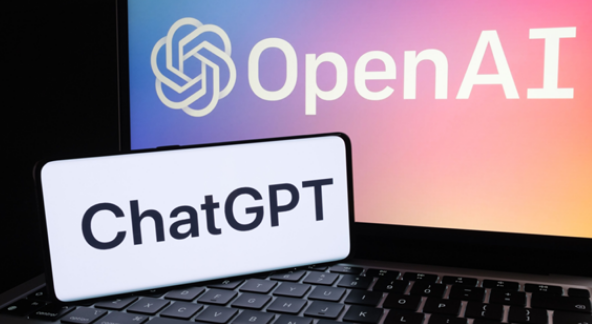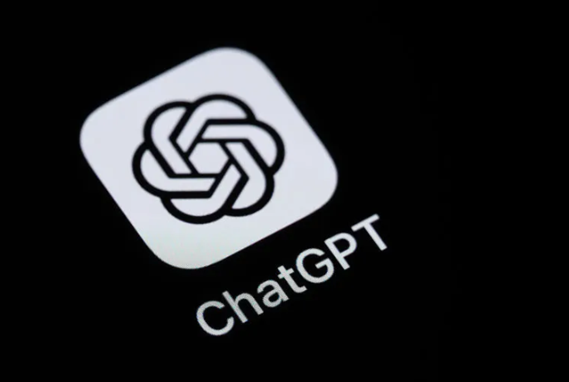August 6, 2025 – Wikipedia editors have recently approved a new policy to tackle the growing issue of AI-generated entries flooding the platform, according to a report by 404 Media on the 5th. This policy grants administrators the authority to swiftly remove articles created by AI under specific circumstances.
Ilyas Lebleu, a founding member of WikiProject AI Cleanup, explained that while there are some signs that can help identify AI-generated content, such as wording, the use of dashes, and bulleted lists with bold headings, these features are often not definitive. “We don’t want to delete an entry just because a passage sounds like it was written by AI,” he said.
The proliferation of AI-generated content has been described as an “existential threat” to Wikipedia. The platform’s workflow has traditionally relied on lengthy discussions and consensus-building. However, without a mechanism for rapid deletion, the high efficiency of AI in generating large amounts of false content could pose a serious problem. “AI content isn’t necessarily bad. Humans can write terrible content too, but their output speed is far slower than AI’s. Our tools were designed for a completely different scale of content production,” Lebleu noted.

The proposed solution from Wikipedia is to quickly delete entries that are clearly AI-generated and meet two broad conditions. The first is when the entry contains “user-facing communication content,” such as phrases like “This is your Wikipedia entry…”, “As of my last training update…”, and “As a large language model…”. These are typical features used to identify AI-generated social media posts and research papers.
Lebleu said the team has seen many such features, and more importantly, these phrases indicate that the submitter hasn’t even read the article they posted. “If users don’t check for such basic issues, we can reasonably assume they haven’t reviewed any content and are just pasting it blindly. Such entries are no different from white noise,” he added.
The second condition for rapid deletion is when the citations in the entry are clearly incorrect, a common mistake made by large language models. This includes cases where the external links to books, articles, or papers don’t exist, can’t be opened, or are completely unrelated to the topic.
Lebleu emphasized that rapid deletion is a “temporary measure” to handle the most obvious cases, but the AI problem will persist as there is still a large amount of AI content that may not meet these two deletion criteria. He also added that AI has the potential to become a useful tool and could have a positive impact on Wikipedia in the future.












